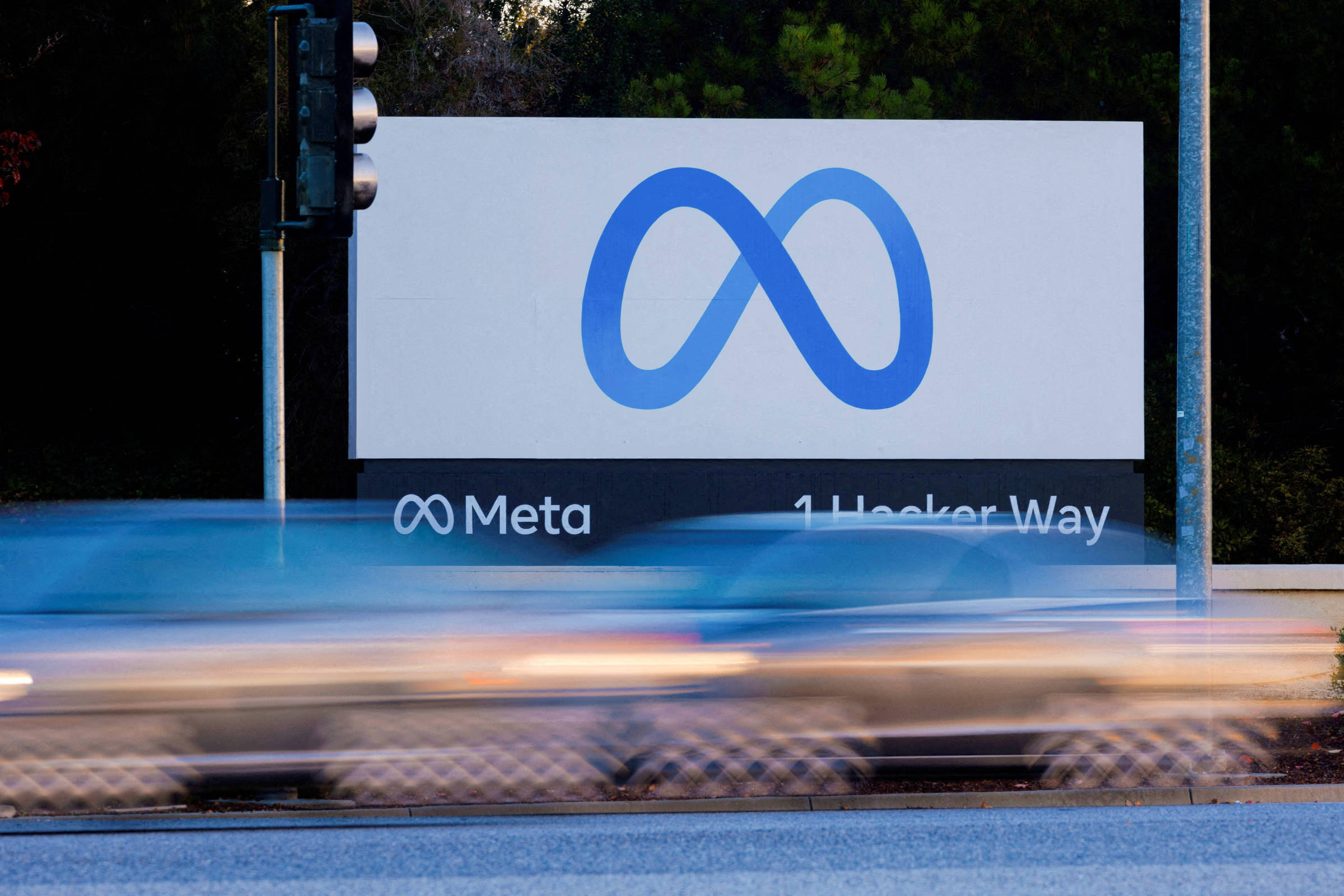
Meta wins FTC antitrust case, avoiding forced divestiture of Instagram and WhatsApp
A U.S. District Judge ruled Tuesday that Meta Platforms Inc. does not hold a monopoly in social networking, dismissing the FTC's five-year-old antitrust suit seeking to break up the company.
November 18, 2025 - 03:28 PM ET • 2 min read
Meta Platforms Inc. secured a major victory in federal court Tuesday, prevailing against an antitrust lawsuit filed by the Federal Trade Commission (FTC) that sought to force the technology giant to divest Instagram and WhatsApp.
U.S. District Judge James Boasberg, sitting in Washington, D.C., issued the ruling, concluding that the FTC failed to sufficiently prove that Meta currently holds monopoly power in the social networking market. The decision prevents what authorities described as an existential challenge that could have forced the company to spin off its two major subsidiaries.
The historic case, which began five years ago and wrapped up its trial phase in late May, centered on Meta's acquisitions of Instagram in 2012 and WhatsApp in 2014. The FTC had alleged that Meta engaged in anti-competitive behavior, using a "buy or bury" strategy to eliminate rivals and protect its alleged monopoly in social networking. The agency contended that the only way to restore competition was to break up the company.
Judge Boasberg wrote in his ruling that the FTC failed to meet the burden of proof regarding Meta's current market position.
"The Federal Trade Commission continues to insist that Meta competes with the same old rivals it has for the last decade, that the company holds a monopoly among that small set, and that it maintained that monopoly through anticompetitive acquisitions," Boasberg wrote. "Whether or not Meta enjoyed monopoly power in the past, though, the agency must show that it continues to hold such power now. The Court's verdict today determines that the FTC has not done so."
The ruling represents a significant setback for the FTC, which had pursued the case since the first Trump administration. The agency had previously filed an amended complaint in 2021 after an initial dismissal, providing more details about Meta's user numbers and metrics relative to competitors.
Meta successfully argued during the trial that its platform competes broadly with other services, including Google's YouTube and TikTok, which the FTC had not included in its definition of the relevant market.